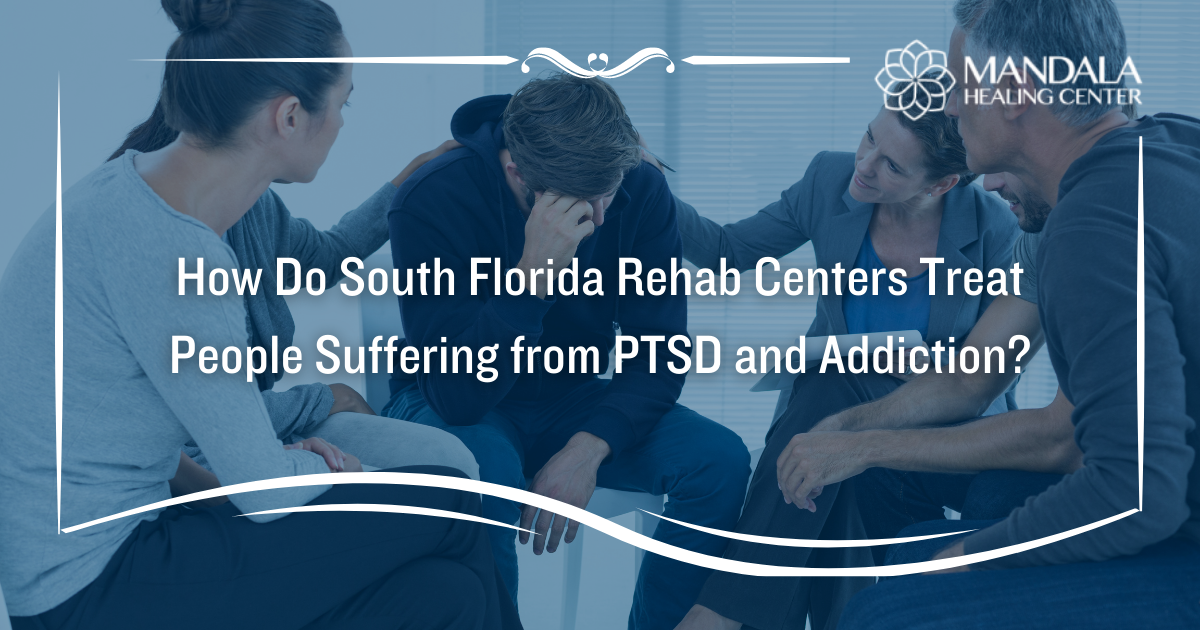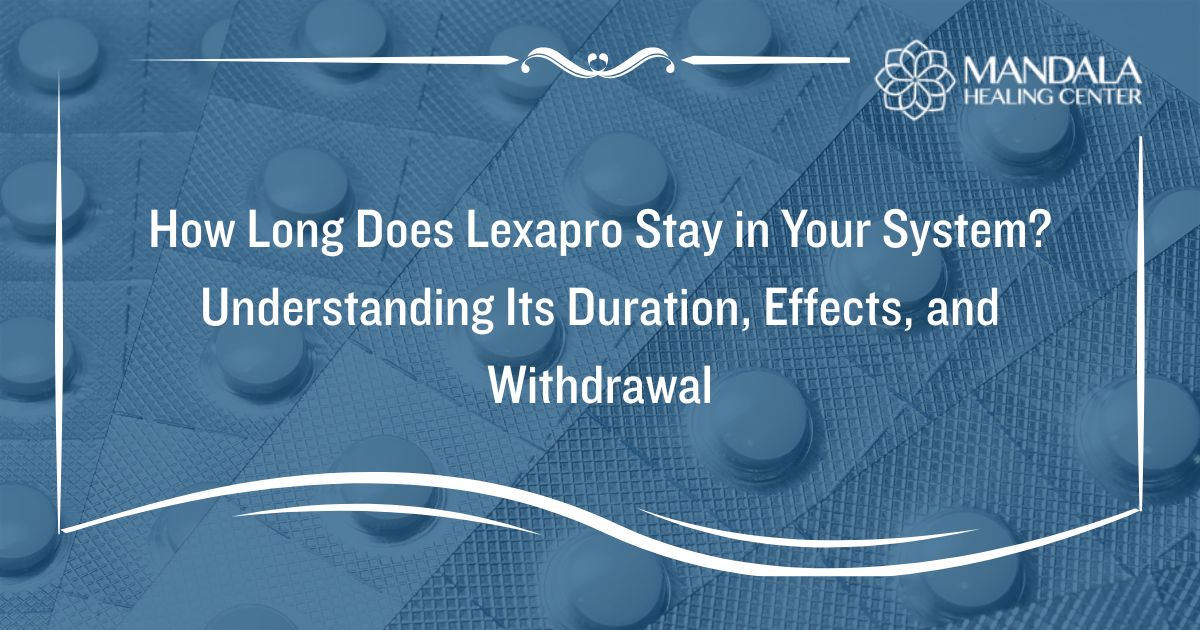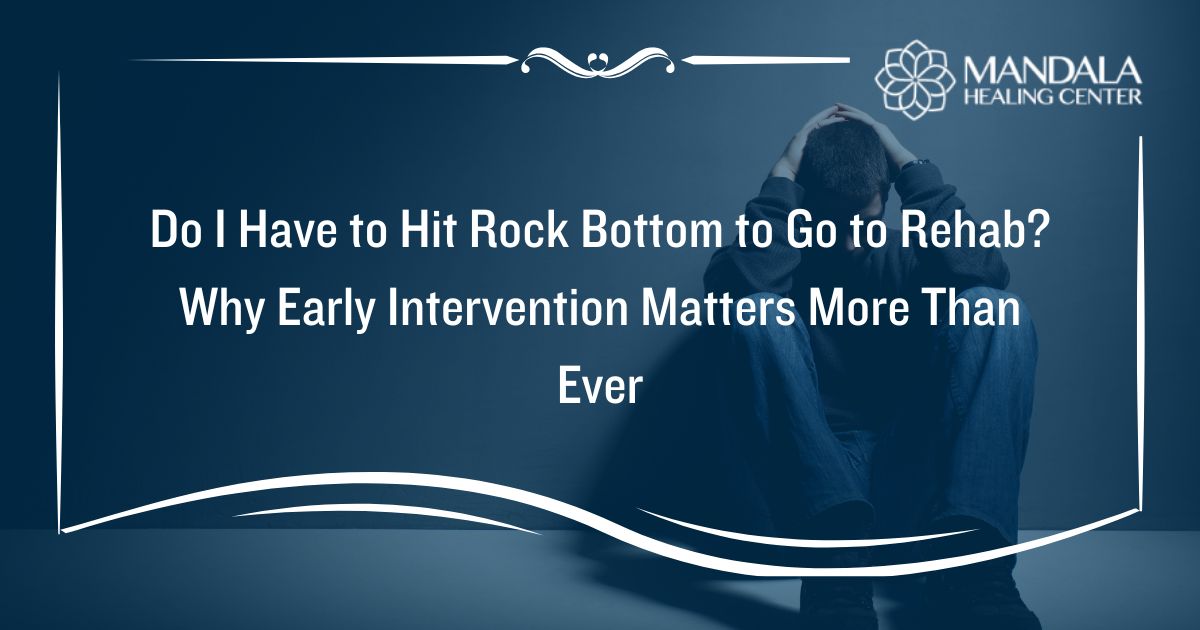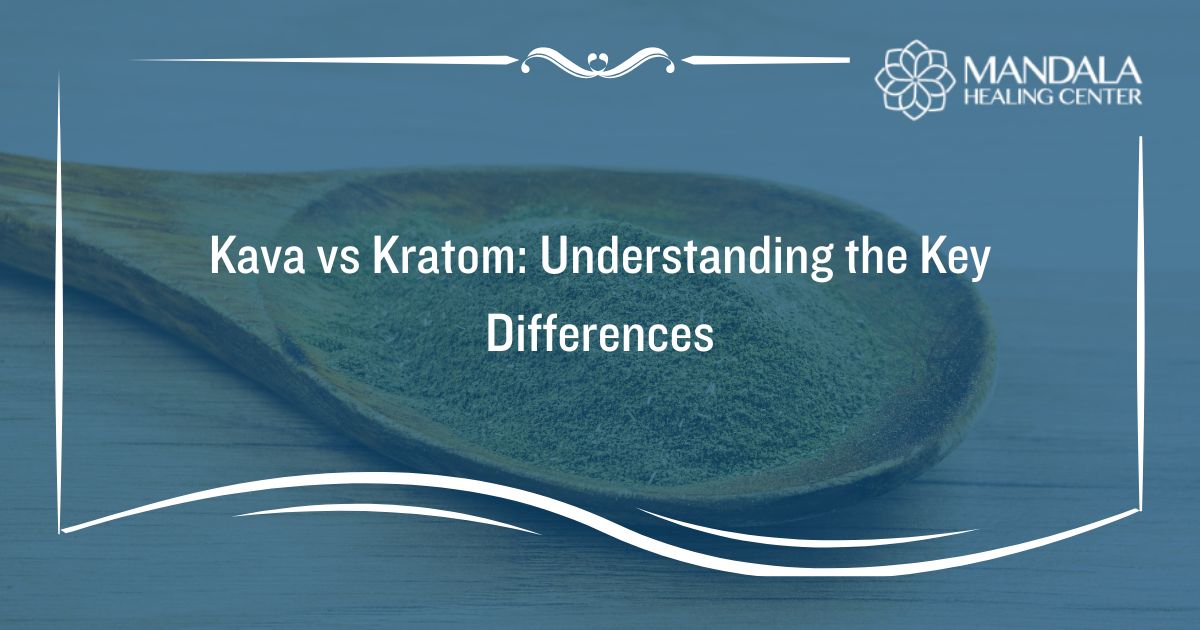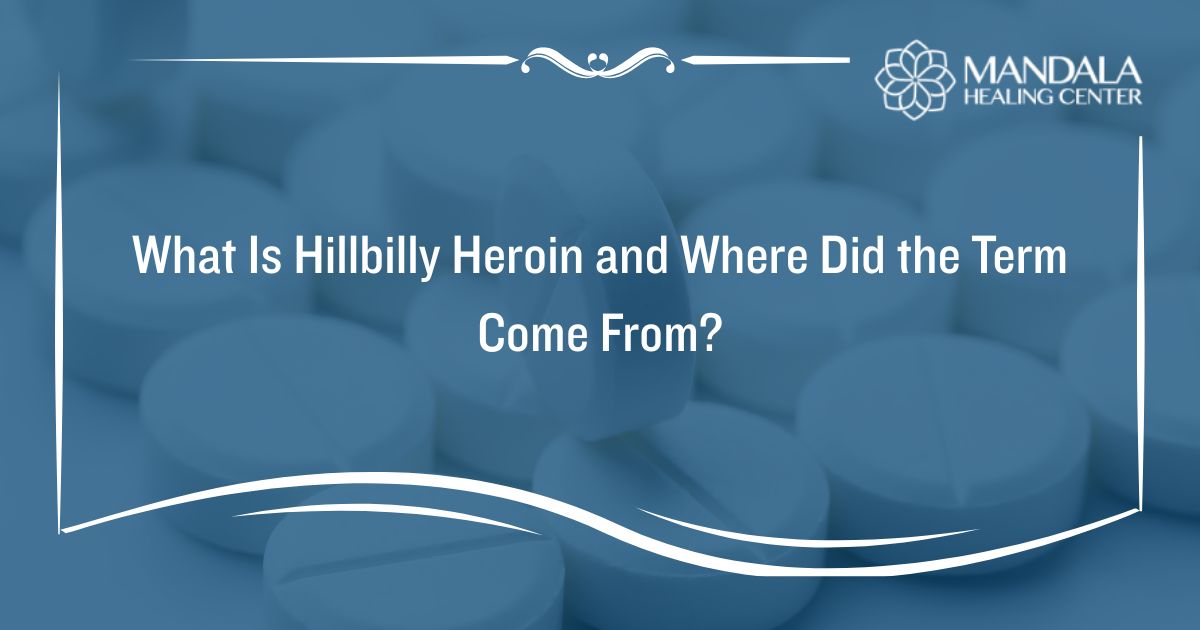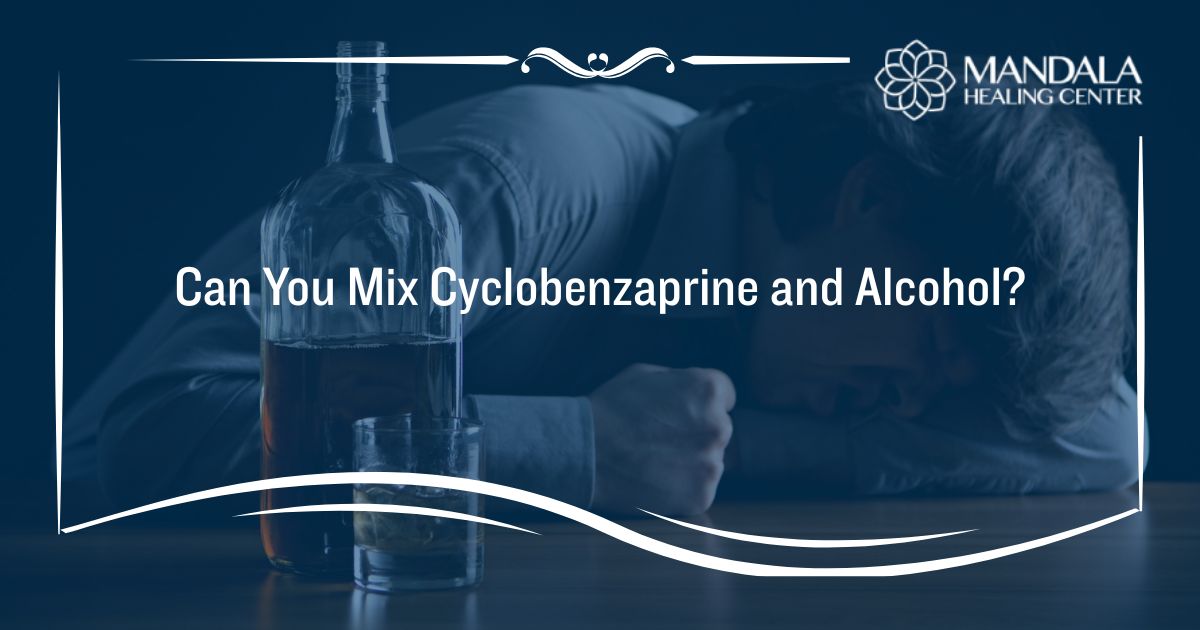Post-traumatic stress disorder (PTSD) is a mental health condition that develops after someone experiences significant trauma. While not everyone who suffers from trauma develops PTSD, individuals without the proper tools to cope may begin to struggle with the symptoms of this condition. Typically, people with PTSD experience intense thoughts or feelings associated with the traumatic event, leading to an array of adverse symptoms and behaviors.
Sometimes, the symptoms of a person’s PTSD become so disruptive that they seek forms of self-medication to cope. This causes them to become dependent on drugs or alcohol, leading to the development of a co-occurring substance use disorder.
According to the U.S. Department of Veteran Affairs, 46.4% of individuals with post-traumatic stress disorder also meet the criteria for a substance use disorder.[1]
Thankfully, drug and alcohol rehab centers in South Florida can provide the support you need to overcome PTSD and addiction.
Treatment in a Safe, Supportive Environment
The first thing you should know about treatment for addiction and PTSD is that rehab centers provide their patients with a safe and supportive environment to heal. If you are suffering from PTSD, you have likely experienced an event that has caused you to feel unsafe which causes you to have a difficult time trusting others, making the process of seeking help from a professional tricky.
South Florida rehab centers are experienced in making their clients feel comfortable, safe, and supported. Rather than creating a facility that looks like a medical center, these programs aim to create a place that feels like home. Even further, you will have 24/7 access to psychological support from a mental health expert and be surrounded by peers who have struggled with similar issues and circumstances.
Therapies for Post-Traumatic Stress Disorder (PTSD) and Addiction
While in a safe, supportive environment, South Florida rehab centers will have you participate in a variety of therapies that address both post-traumatic stress disorder and addiction.
The most common trauma therapies used during rehab:
Eye Movement Desensitization and Reprocessing (EMDR)
The American Psychological Association (APA) describes eye movement desensitization and reprocessing (EMDR) as “a structured therapy that encourages the patient to briefly focus on the trauma memory while simultaneously experiencing bilateral stimulation (typically eye movements), which is associated with a reduction in the vividness and emotion associated with the trauma memories.”[2]
EMDR requires you to recount the memories of trauma under the supervision of your therapist while you engage in purposeful bilateral eye movements. These eye movements help your brain decrease the strong emotional reactions tied to your traumatic memories and reduce the severity of PTSD symptoms.
Cognitive Behavioral Therapy (CBT)
Another form of therapy that is highly effective in treating co-occurring addiction and PTSD is cognitive behavioral therapy (CBT).
According to the APA, CBT focuses on changing negative behavioral patterns through a variety of strategies, including:[3]
- Facing one’s fears instead of avoiding them
- Using role-playing to prepare for potentially problematic interactions with others
- Learning how to calm one’s mind and relax one’s body
CBT can reduce symptoms of PTSD by helping you gain the ability to self-regulate your emotions and face your past traumas without experiencing significant distress. CBT can also help you recover from addiction by providing you with coping mechanisms to utilize when you begin to crave drugs or alcohol.
Prolonged Exposure (PE)
When you are struggling with co-occurring PTSD and addiction, typically the unresolved trauma is the catalyst that leads to the development of both disorders. As a result, addressing your unresolved trauma can help you recover from PTSD and addiction. Prolonged exposure therapy is a type of treatment that helps you gradually approach your trauma memories, teaching you that they do not need to be avoided.
The APA explains that “individuals work with their therapist in a safe, graduated fashion to face stimuli and situations that evoke fear and remind them of the trauma to increase their comfort and reduce their fear.”[4]
Medications
PTSD symptoms can become so severe that it is difficult to complete everyday tasks. If you are attending treatment and experience symptoms that make it hard for you to focus on your recovery, you may be prescribed medication. There are several medications that can soothe the symptoms of PTSD, depending on the specific concerns you are currently having.
Typically, PTSD is treated with SSRIs or SNRIs. These are most commonly prescribed to treat depression and anxiety, which are often symptoms of post-traumatic stress disorder. These medications include:
- Sertraline (Zoloft)
- Paroxetine (Paxil)
- Fluoxetine (Prozac)
- Venlafaxine (Effexor)
Sometimes addiction is treated through the use of medications, as well. For example, during detox, you may be prescribed medication to soothe the symptoms of withdrawal and alleviate drug cravings. Even further, some individuals require medications to help them avoid relapsing by limiting drug and alcohol cravings.
Find Treatment for Post-Traumatic Stress Disorder (PTSD) and Addiction in South Florida Today
If you or a loved one suffer from PTSD and addiction, recovery is possible. These conditions can exacerbate the symptoms of one another, however, with a reputable dual diagnosis program you will receive the tools and support you need to achieve long-term recovery.
To learn more about our PTSD and addiction treatment center in South Florida, contact Mandala Healing Center today.
References:


